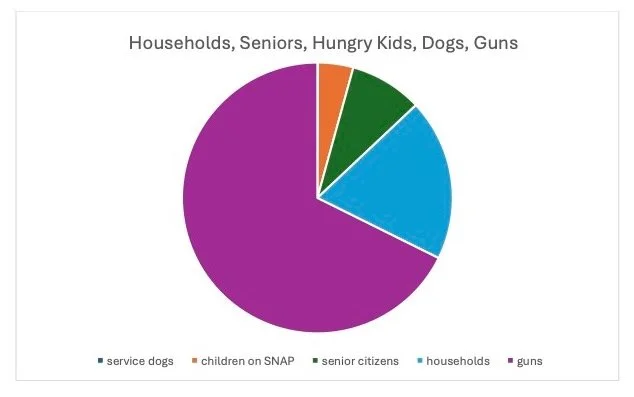We don’t write much these days, do we? (Well, that is, perhaps you don’t write much; I write all the time – can’t help myself!) But we’re in the digital world, reading brief text messages from our watches, able to call and speak to anyone anywhere at any time, listening to podcasts and audio books... We just don’t often use the fine art of carefully crafted written sentences – until we have to... until it really matters, and then we’re out of practice, awkward and confused, just when we need to write something powerful, effective – and concise (because people don’t read a lot of words anymore either, do they?).
Recently a friend said to me, “I like it when you post articles about how to write better and speak more effectively. Those are the things I most like to read in the Speakeasy.” On the one hand, that’s great, because that’s the kind of stuff with which I love to grapple. On the other hand, it stinks, because I really can’t find anything new to say. I just keep harping about the same old things, and American speech and writing (even the “professional” kind – perhaps mostly the “professional” kind) just gets more and more problematic. But I’ll offer you my “top ten” today.
Meet Stacy Abrams, via Wikipedia: “born December 9, 1973... an American politician, lawyer, voting rights activist, and author who served in the Georgia House of Representatives from 2007 to 2017...” What interests me about Ms. Abrams today, however, is her ten-step warning about the path democracies take as they slip into authoritarianism. Abrams’ 10 Steps were apparently based on the research of Kim Lane Scheppele, Rockefeller Professor of Sociology and International Affairs at Princeton. I’m going to list those ten steps below, and I’m going to restrain myself: I’ll list each without comment.
Okay, that’s not what Sister Dorothy Marie taught me about American democracy in eighth-grade civics. In fact, I have recently come to the sad realization that my rosy view of our country’s beginnings, developed through mandatory study of history and civics from elementary school through college (for which I am most grateful), created an unrealistic reverence for our country’s birth as the world’s first perfect democracy.
I’m from the “old school,” convinced through my history and civics education that our nation was, from Day One, a shining, perfect example of pure democracy. I’ve always revered our U.S. Constitution as flawless, ingenious, and impeccable. I think now, after some study, I’ve become a civics grown-up.
My first opportunity to serve as project manager for the production of a video!
It’s spring. You’re probably one of those people who love to go out and prepare the soil, buy the plants for flower and vegetable gardens, and pull the weeds already rearing their heads. You love that stuff, right? Good for you; I don’t. I spend as little time tending to my yard and flower beds as is legally possible. That said, I’ve got some “weeds” I’d like to tend to this spring. Will you join me?
(Note from Lynn: I asked my smart friend, Judy Nagel, retired Wells Fargo Financial Advisor and active member of Rotary International, to share with us her perspective on a proposed amendment to the Constitution regarding needed campaign finance reform. And so we ask you to consider: Is it free $peech?)
Yes, you read that correctly: I want to know whether money is part of free speech, because the United States Supreme Court said it is. Remember Citizens United in 2010, when the Court ruled that restricting political spending by corporations and unions is inconsistent with the First Amendment? Money talks, I guess, and we’re not allowed to silence it.


